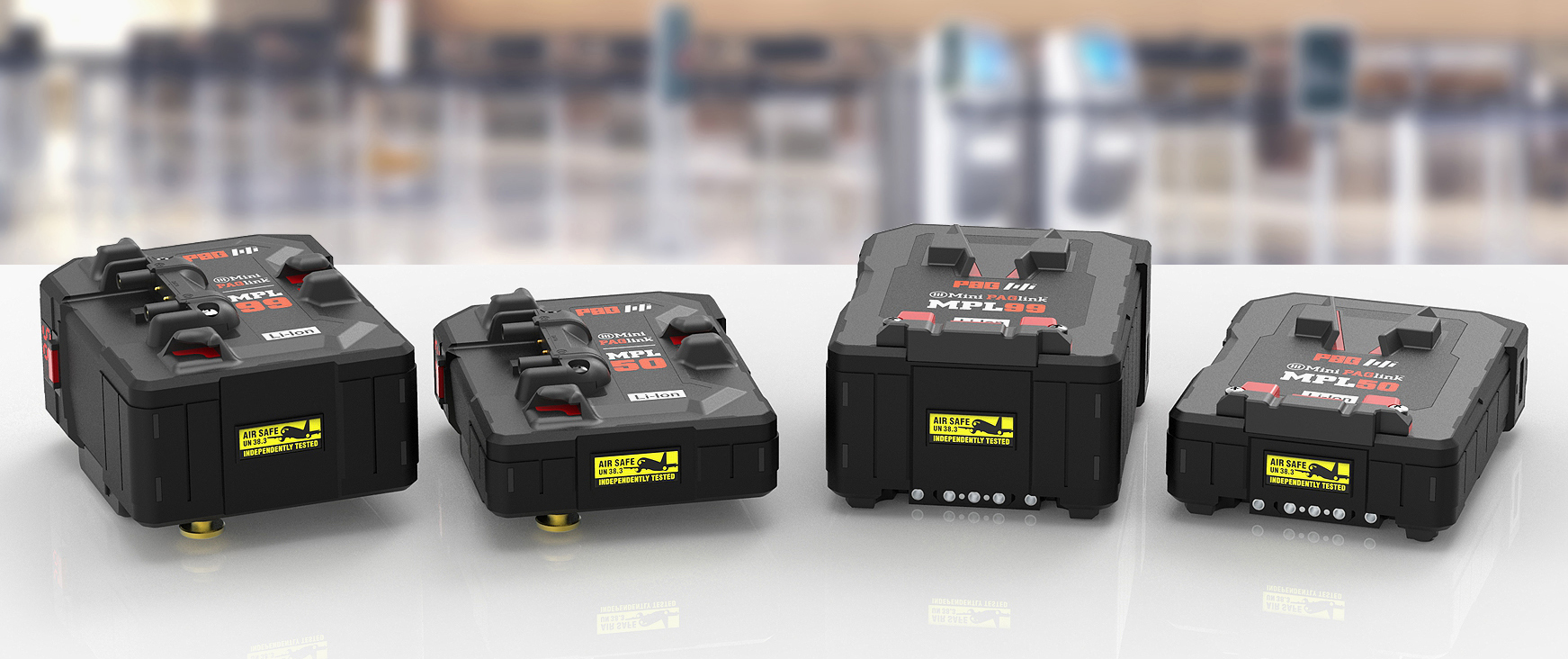
Customers should be aware that they are at risk of having their Li-Ion batteries confiscated at airport security if they travel with batteries that have NOT been independently tested to UN standards, as required by air transport authorities, or if they do not follow the rules with regard to the battery’s Watt-hour rating.
The International Air Transport Association (IATA) in association with the International Civil Aviation Organisation (ICAO) and the United Nations (UN) set clearly defined rules regarding the air transportation of Li-Ion batteries.
IATA regulations for travelling with Li-Ion batteries:
PLEASE NOTE: Batteries do not need to be discharged to 30% SoC for transport as personal luggage, this is only a requirement of cargo shipments. There is no specified SoC requirement for Li-Ion batteries transported as personal luggage.
Further information :
PAG Ltd. hereby declares that its Lithium-Ion batteries have been tested and certified by Intertek Group PLC to comply with the requirements of the UN Manual of Tests and Criteria, Part III, subsection 38.3, as required by the current IATA Dangerous Goods Regulations.
Copies of the test reports can be obtained from PAG.
Testing by an authorised independent facility is a costly process for the manufacturer, but it should assure you that the battery design is compliant with the air transport regulations, as well as safe and of the highest possible professional standard.
PAG advises that you download the appropriate certificate and take it with you when you travel.
Material Safety Data Sheet (MSDS)
Air Transport Certificate for PAGlink and PAG Non-Linking Li-Ion Batteries
PAG Li-Ion batteries are labelled to inform airport officials that the batteries have been tested independently as required.
